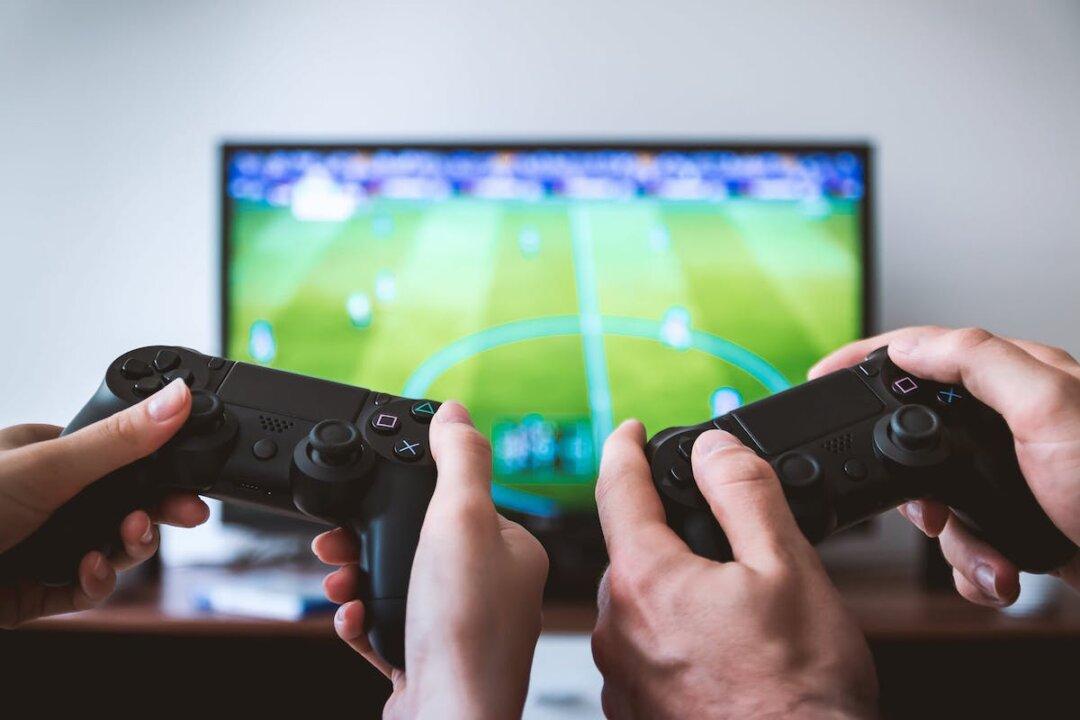Over the course of 2019, the eSports phenomenon has shown no signs of slowing.
Audience numbers and engagement metrics have grown for what is already being seen as the “traditional” eSport games like DOTA and CS:GO.

Over the course of 2019, the eSports phenomenon has shown no signs of slowing.
Audience numbers and engagement metrics have grown for what is already being seen as the “traditional” eSport games like DOTA and CS:GO.